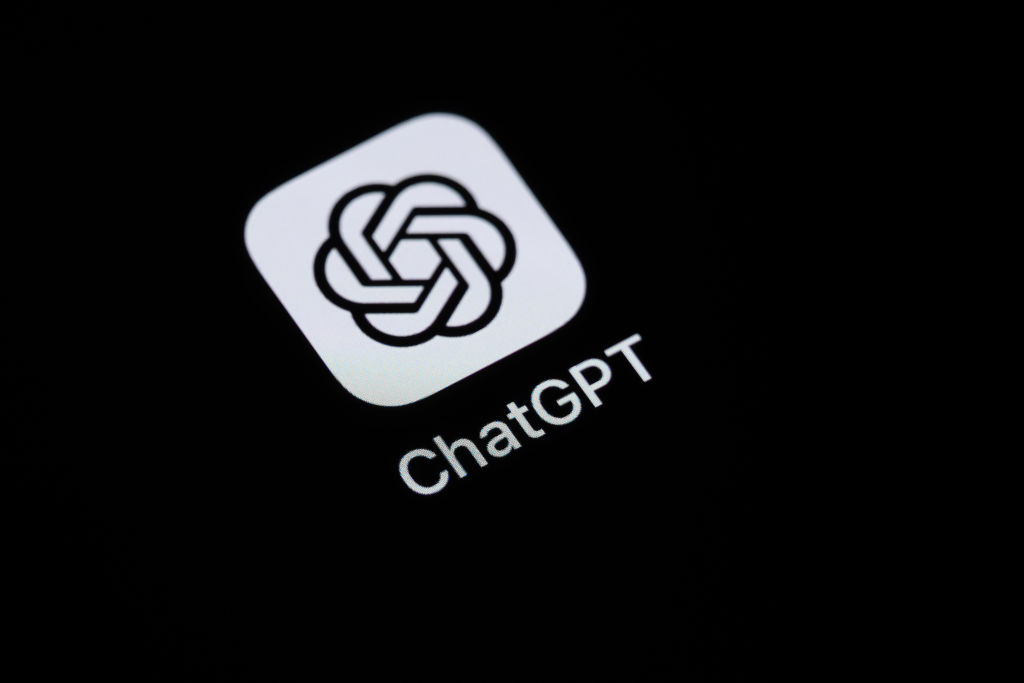OpenAI has unveiled a more efficient iteration of its ChatGPT deep research tool, designed to enhance user experience by providing concise yet comprehensive research reports. This development aims to make advanced research capabilities more accessible to a broader audience.
Background on ChatGPT’s Deep Research Tool
Initially launched in February 2025, OpenAI’s deep research tool was a significant advancement in AI-driven research assistance. It enabled ChatGPT to perform complex, multi-step internet research tasks, analyzing and synthesizing information from numerous online sources to produce detailed reports akin to those crafted by human research analysts. This tool was particularly beneficial for professionals in fields such as finance, science, policy, and engineering, offering in-depth analysis and insights.
Introduction of the Lightweight Version
On April 24, 2025, OpenAI announced the release of a lightweight version of the deep research tool. This new variant is powered by OpenAI’s o4-mini model, which, while not as robust as the original, offers a more cost-effective solution without significantly compromising on quality. The lightweight version is designed to deliver shorter responses that maintain the depth and quality users expect, thereby reducing computational demands and associated costs.
Availability and Access
The lightweight deep research tool is now available to ChatGPT Plus, Team, and Pro users. OpenAI has also extended access to free ChatGPT users, broadening the tool’s reach. For Enterprise and educational users, the rollout is scheduled for the following week, with usage levels aligned with those of Team users.
Operational Details
When users reach the usage limits of the original deep research tool, their queries will automatically default to the lightweight version. This seamless transition ensures continuous access to research capabilities without interruption. OpenAI emphasizes that while the lightweight version’s responses are typically shorter, they still uphold the depth and quality that users have come to expect.
Context in the AI Research Landscape
The introduction of the lightweight deep research tool comes amid a surge in AI-driven research tools across various platforms. Competitors such as Google’s Gemini, Microsoft’s Copilot, and xAI’s Grok have also launched similar tools, highlighting a growing trend towards integrating advanced research capabilities into AI chatbots. These tools leverage reasoning AI models capable of problem-solving and self-fact-checking, essential skills for conducting thorough research.
Implications for Users
By offering a more efficient version of the deep research tool, OpenAI aims to make advanced research functionalities more accessible to a wider user base. This move is expected to benefit professionals and casual users alike, providing them with reliable and concise research assistance. The reduced computational requirements also mean that users can perform research tasks more quickly and cost-effectively.
Future Prospects
OpenAI’s commitment to enhancing its AI tools reflects the company’s dedication to meeting the evolving needs of its users. As AI technology continues to advance, it is anticipated that OpenAI will further refine and expand its offerings, ensuring that users have access to cutting-edge tools that enhance productivity and efficiency.
Conclusion
The rollout of the lightweight version of ChatGPT’s deep research tool marks a significant step in making advanced AI research capabilities more accessible and efficient. By balancing performance with cost-effectiveness, OpenAI continues to lead in the development of AI tools that cater to a diverse range of user needs.


